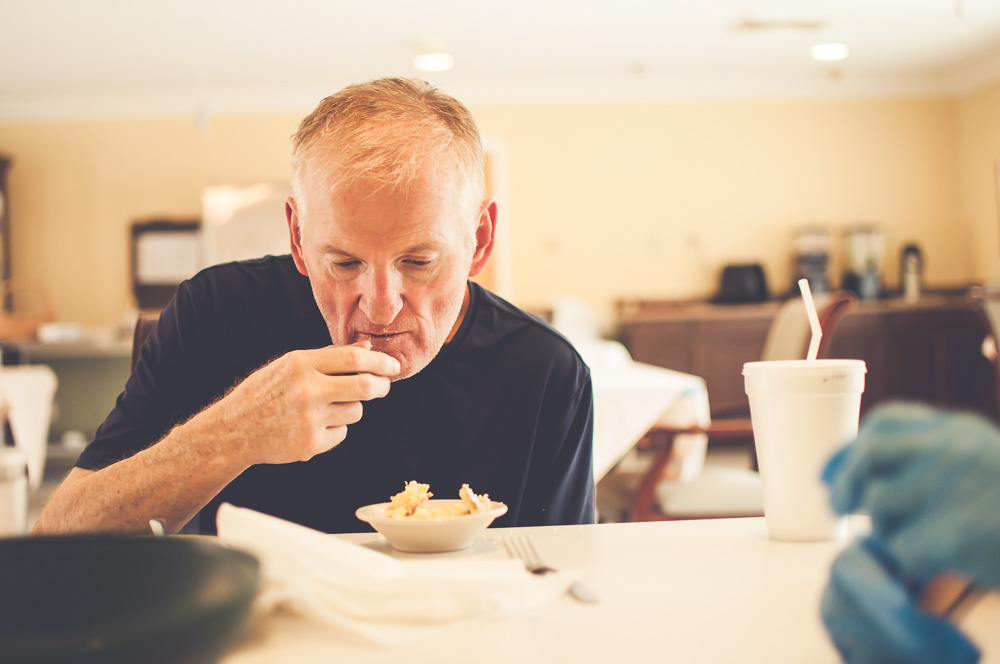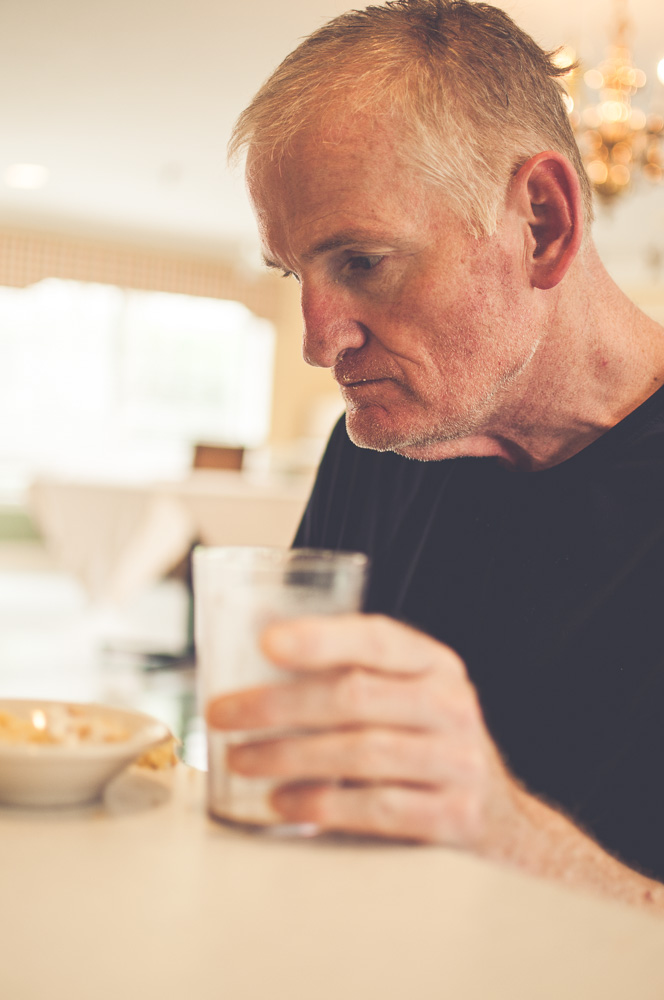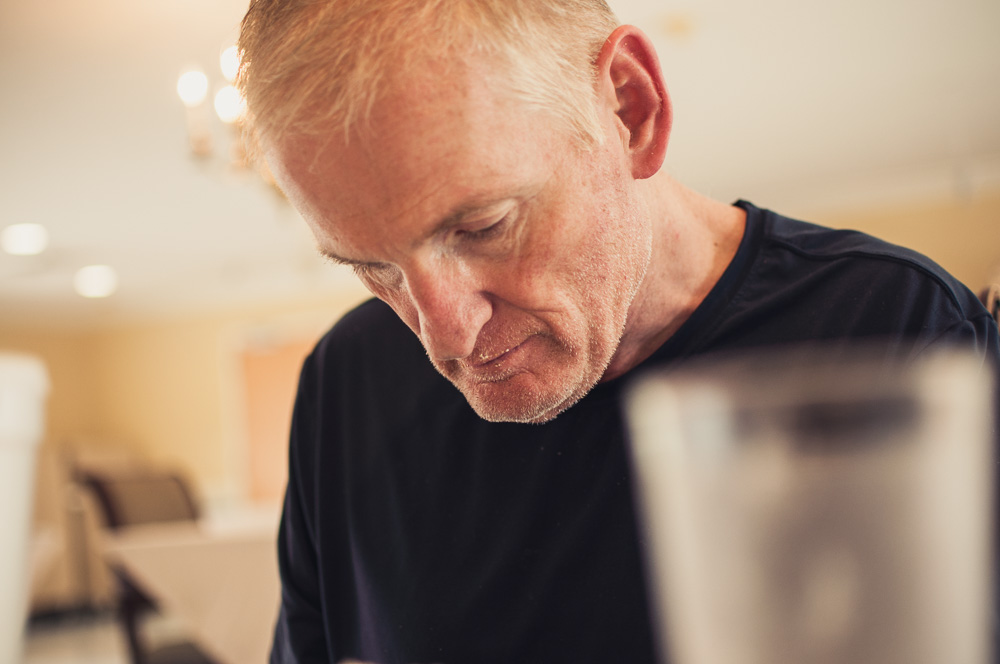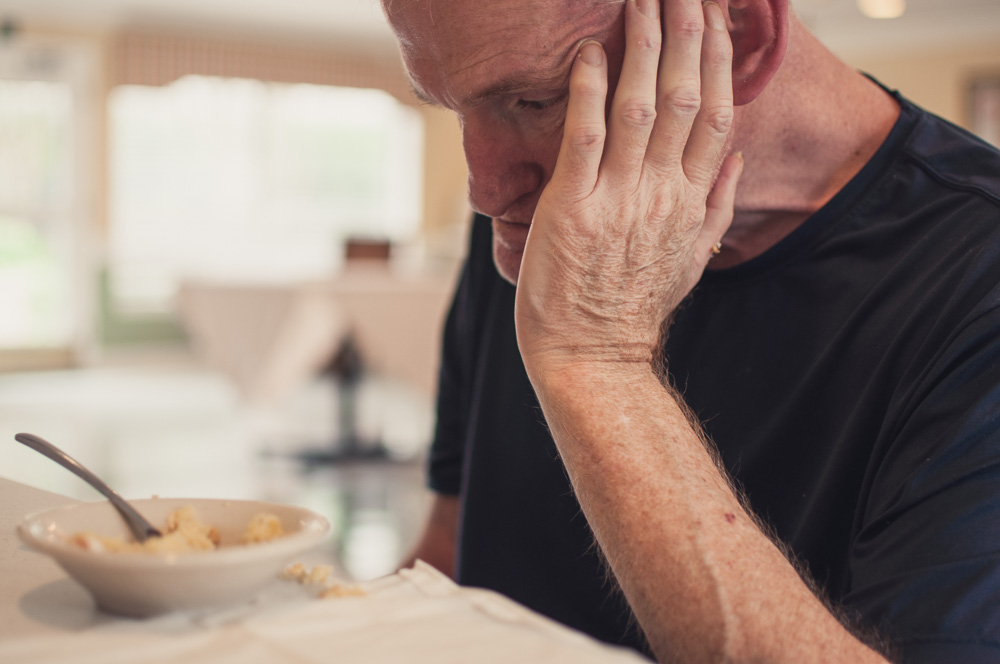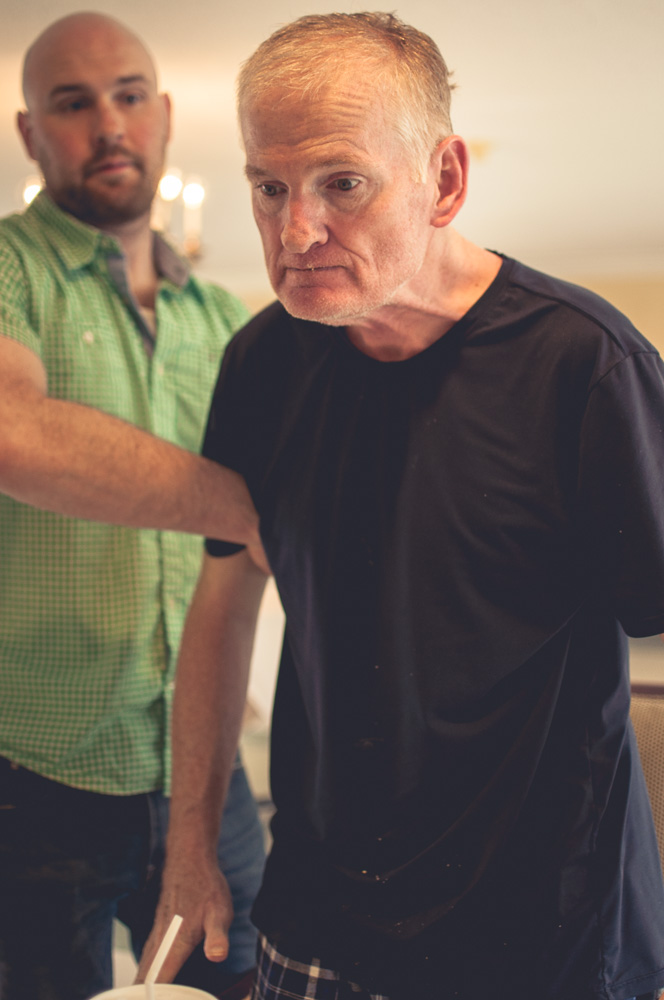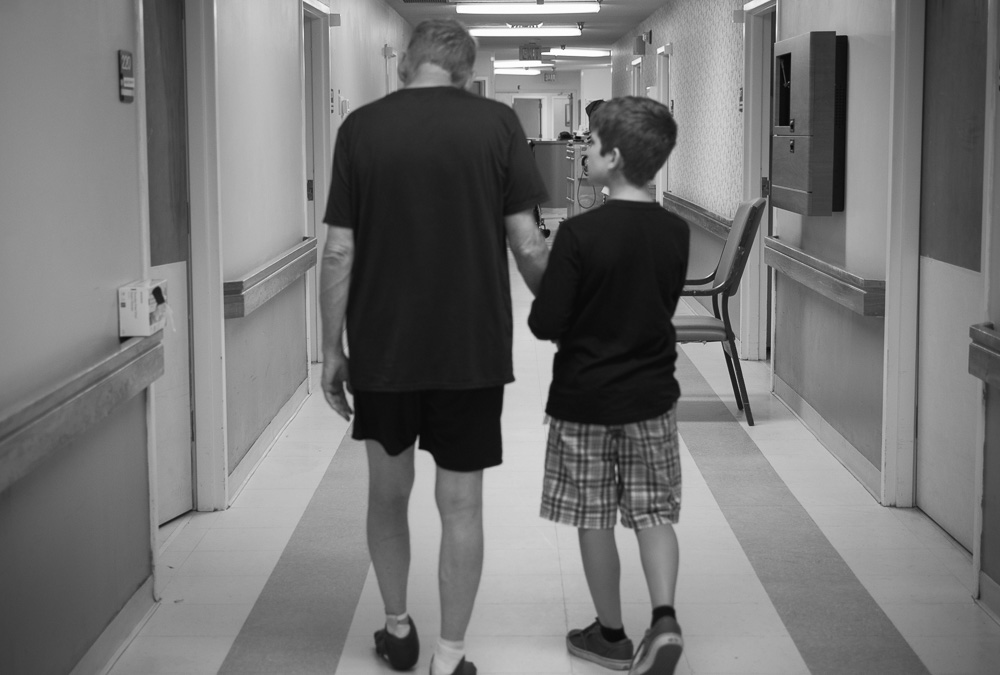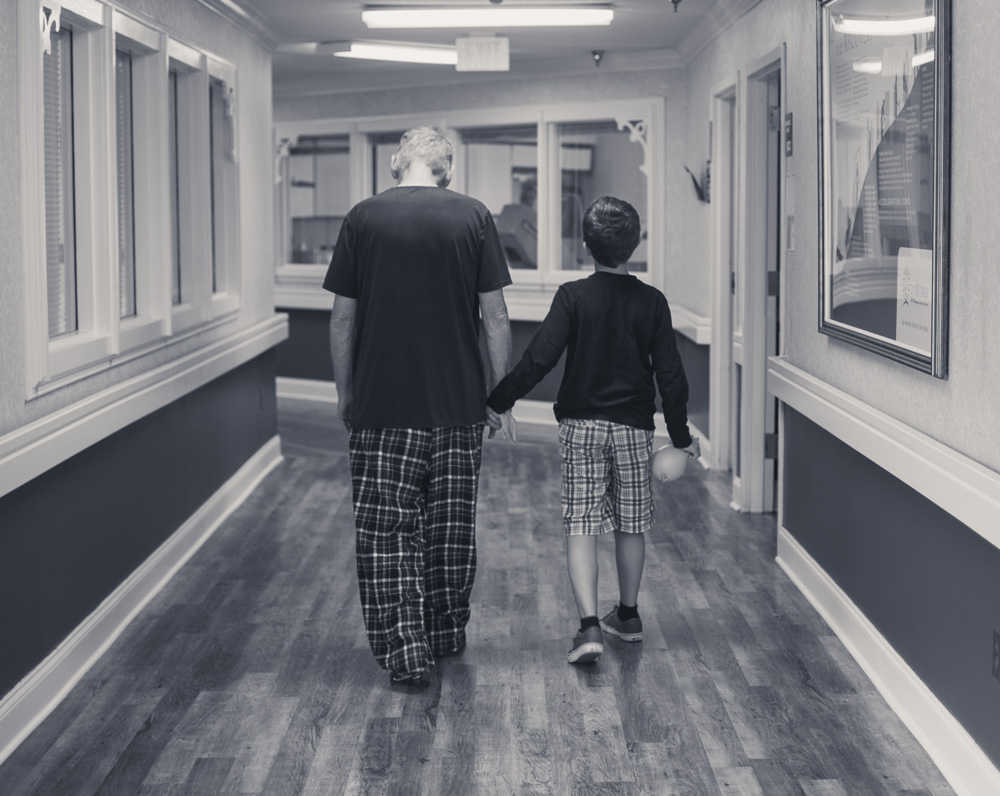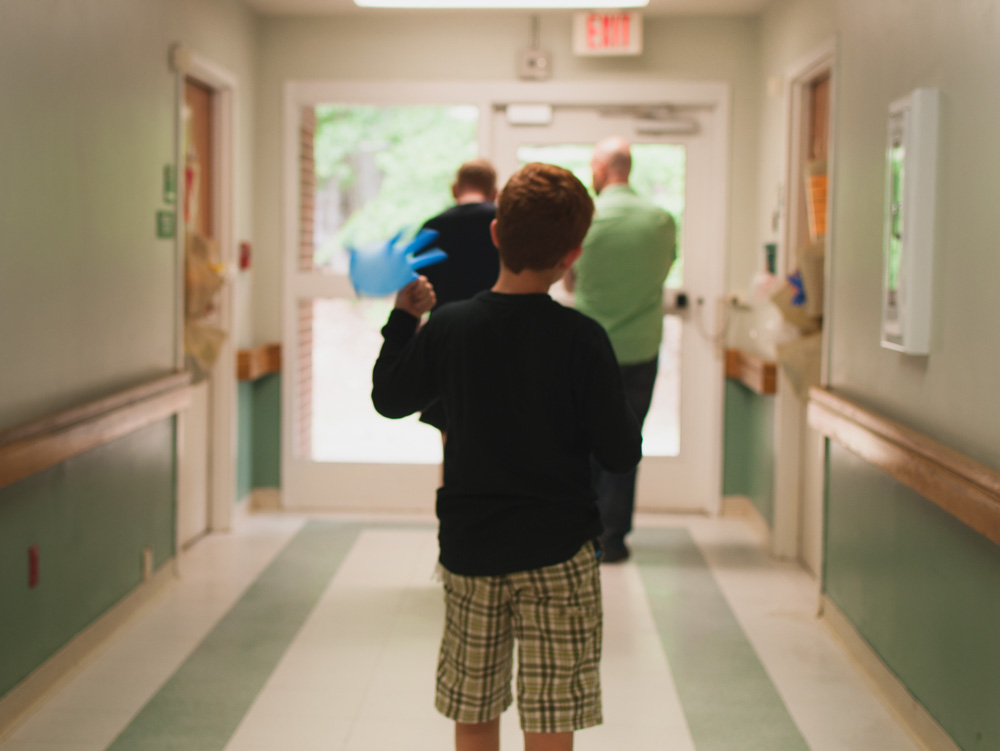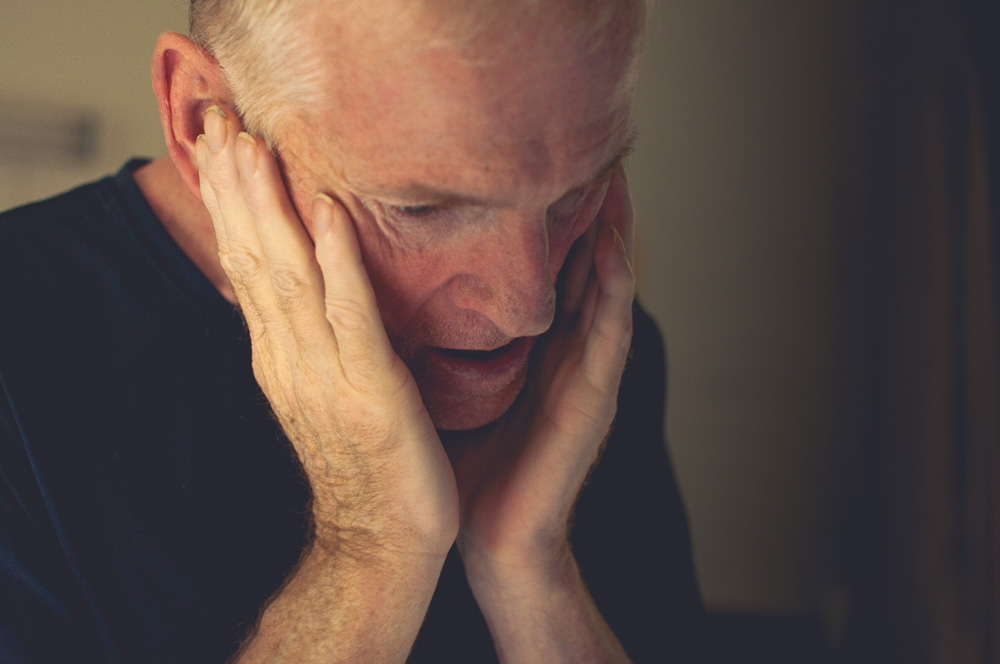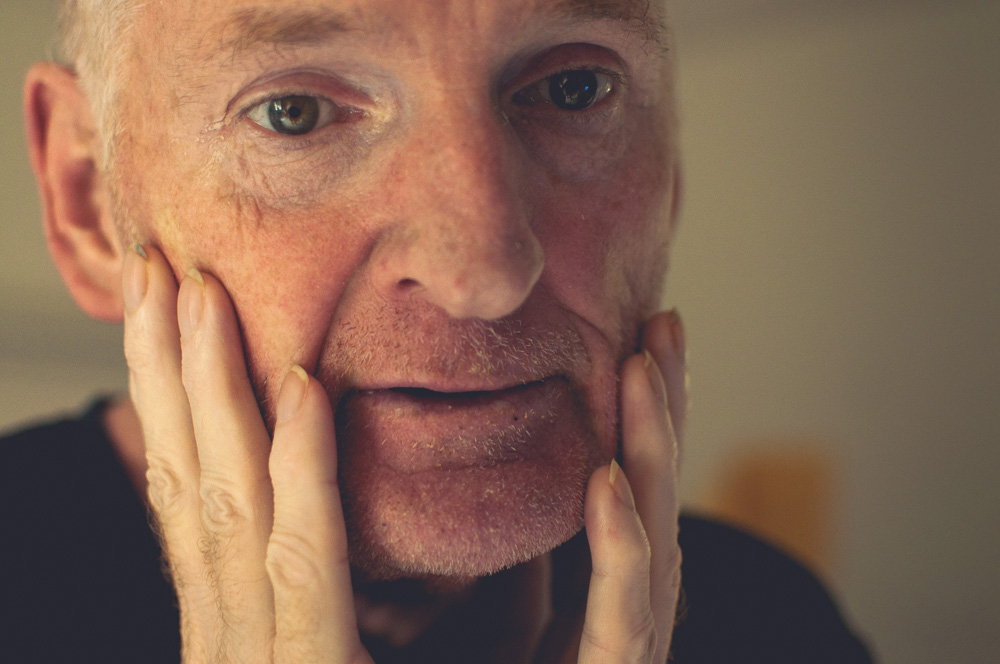A Visit with Papaw
This is the story of my father's Lewey Body Dementia. The boys, my boys, call him Papaw.
Dad started showing some signs of memory loss in the middle of 2014 when we was just 60 years old. It was subtle, really. Repeating sentences, getting slightly lost while driving routes he'd known for years, forgetting what day of the week it was, etc. He just assumed it was general memory lapses due to getting older. But, this, what he was experiencing and what mom was seeing...there was something more happening. The way he walked seemed to have changed. He moved as though he'd aged 20 years in the span of a few months. When mom and dad went to visit my brother, my brother asked, "When did dad become an old man?" Soon after that is when the doctor visits started.
First there was a brain scan. We all thought certainly, given dad's age, this must be a tumor or some other fixable issue. But, the scan showed nothing.
I can't remember the exact timeline, but less than six months later dad saw a neurologist. This is when the first diagnosis came: Parkinson's Disease.
We were shocked. But, we were also hopeful. After all, it was a manageable disease. With medication and a few lifestyle changes he could expect to live a fairly normal life for the next 20+ years. But, the memory lapses were getting worse. He was getting lost more often and he could no longer drive outside of his very small town. That was an issue as part of his work required visiting hospitals in other counties. Soon, his mental decline was so severe that the hospital where he'd worked for nearly 20 years as the Director of Environmental Services all but forced him into an early retirement. He was devastated. It was soon after this that we had the new diagnosis: Lewey Body Dementia.
I won't bore you with all of the science behind LBD. The primary thing is this: LBD is a horrid, rapidly progressive disease. It has destroyed his brain with unrelenting speed.
Over the next year the symptoms got significantly worse. My mom would come home to find that he'd attempted to make coffee, but didn't put the cup under the Keurig, or that he'd begun moving things from the house out onto the deck for some very important reason that he couldn't quite remember. He voice was often barely audible and he was struggling to communicate.
By late 2016 he could no longer be alone in the house. Mom hired a couple of different people to help out, but it got to a point where they could not handle him. Dad was having violent outbursts, often as a result of frustration due to his inability to communicate, but just as often they came from nowhere and he had no memory of the event.
Mom was not sleeping because dad was not sleeping. But, she was nowhere near retirement age so she was still working full-time. My brother and his wife moved back to North Carolina to help out with his care, but he was becoming even too much for them to handle, especially given his outbursts. It was at this point we knew that something had to give. Dad had to be moved to a nursing home.
The night that would be his last night at home, as my mom was packing some things for him, he knew what was happening. He understood where he was going. He told mom that he was scared.
My brother, sister-in-law, husband, oldest son and I all drove to the nursing home to meet my parents. It was a gorgeous spring day. Fairly warm, but dad was wearing a thick sweater. He'd lost so much weight and was always cold.
We got him settled into his room. My sister-in-law and I went to IKEA to get him a few things for his room. Some sheets, a nice heavy blanket, pillow cases. We wanted it to feel more like his own space rather than just a bed in a nursing home. I like to think it felt better that way, but we can't be sure.
After spending several hours there getting dad settled in, it was time to head home. He walked with us to door that leads to the reception area and exit from the building. He was getting tired. He asked me who was coming back to take him home. I will never forget the look on his face as I had to explain to him that no one was coming. He would be staying here in this new place.
Now instead of visiting mom and dad's house for cookouts and drinks on the deck, we visit dad in the nursing home. I bring my camera. I document the visit. I snap photos of his interactions with my sons.
I document his decline. I hide behind the security blanket that is my camera and I stare at the LCD screen because that is how I cope; with one degree of separation between myself and the reality of what is happening.
It sounds sad. It is sad. But, it is also honest. Photographers are there to document all of the happy moments in life. They document the beginnings: engagements, weddings, births. They document middles: birthdays, graduations, annual family photos. What about endings? What about documenting the process of saying goodbye? These, too, are beautiful, if still painful, moments. Why don't we do more to document the days of our elderly loved ones? Sure, they are not young and beautiful. They aren't easily photographed like an enthusiastic young bride or high school senior. But each line, each shadow, they are full of stories of a life lived. They are full of memories. That makes them so beautiful. That makes them worthy of documentation.
Here are the photos of our most recent visit with Papaw. I hope you can see as much beauty in them as I do.
